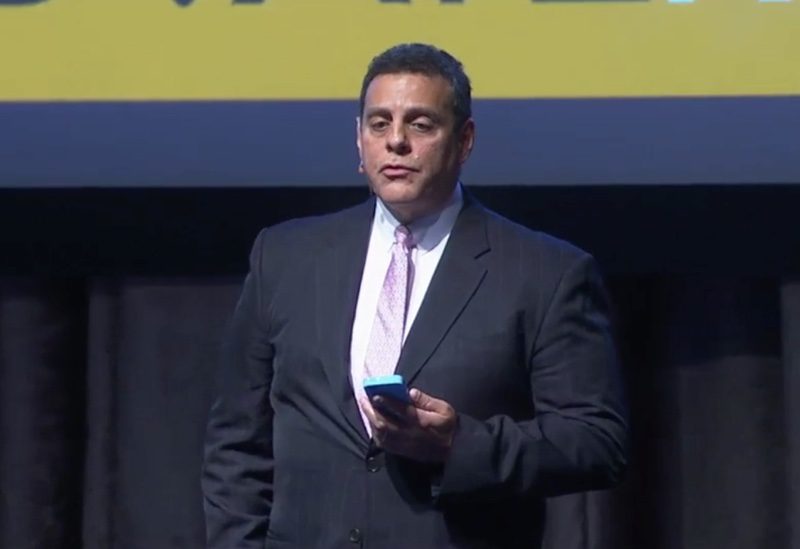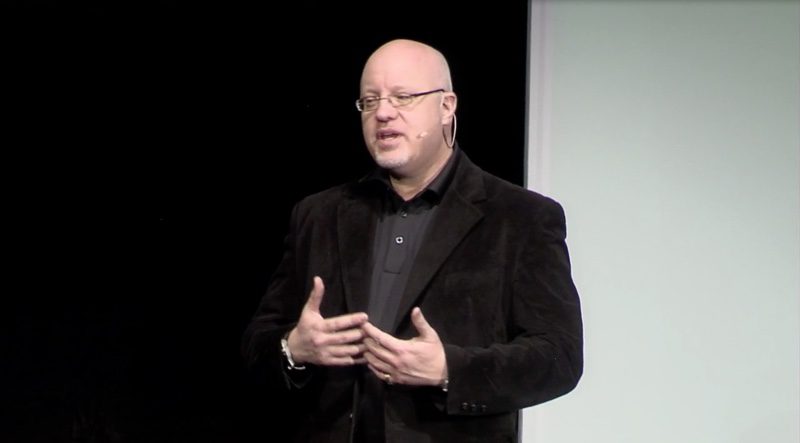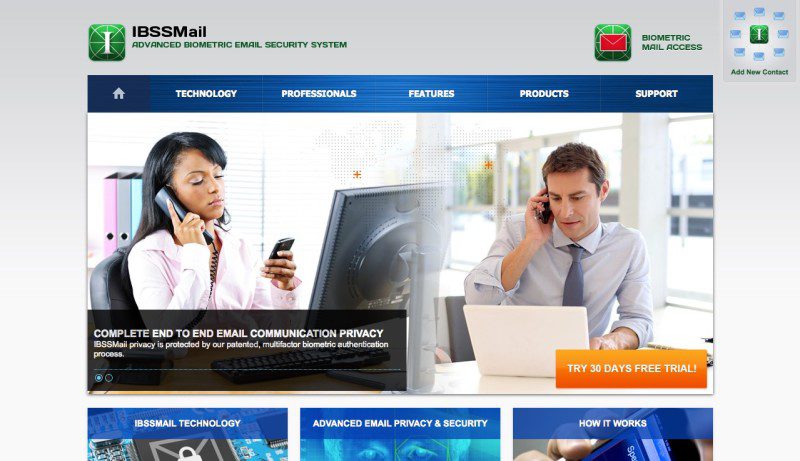
I suppose we should not be surprised when a company like Ripple Labs makes big waves.
An innovator in the field of distributed ledgers and alternative currencies, the company has raised $4 million in funding from Santander InnoVentures. Santander InnoVentures is the venture capital arm of the Spanish financial services giant. The investment completes a $32 million series A round, and brings the Ripple Labs’ total capital to more than $41 million.
InnoVentures managing partner Mariano Belinky said, “We think that the distributed ledger is a technology that will significantly disrupt many processes within a bank.”
And by Ripple Labs, I mean Ripple. The company this week announced it was omitting the word “Lab” from its name. The company is now simply “Ripple,” a name representing the technology’s emergence as an enterprise-grade solution and the debut of two new products for banks: Cross-Currency Settlement and FX Market Making.

Quoted at the Ripple blog, company CEO Chris Larsen referred to both new solutions as part of his team’s effort to modernize payment infrastructure for banks, thereby increasing efficiency and lowering costs.
It is hard to believe, but outmoded payment infrastructure forces banks and their corporate customers to pre-fund foreign accounts for international payments, but then provides few assurances that cross-border transactions will actually settle. With Ripple’s new solutions, banks can now achieve real-time, certain settlement at the lowest total cost possible.
Cross-currency settlement provides for fast, direct, bank-to-bank settlement that is an alternative to correspondent banking. Use-cases for the technology include:
- Remittance service for retail customers
- International transaction banking service
- International corporate payments
- Cross-border intra-bank currency transfers
FX Market Making enables banks to use Ripple’s global payments market to provide liquidity for cross-currency trading and real-time settlement. The technology enables both in-house and third-party market-making for banks.
In addition to the investment, Ripple also announced a new partnership with Accenture. Ripple will be offered as a payment option for Accenture customers who are expressing increased demand for blockchain-related products, according to Tim Summers, Accenture managing director for connected commerce.
This week also marks the launch of Ripple’s Interledger Protocol (ILP) to help banks take advantage of blockchain technology. The interledger protocol serves as an arbiter, or what Ripple CTO Stefan Thomas told CoinDesk was a “top-level cryptographic escrow system” that would enable funds to be transferred securely from ledger to ledger. The protocol, explained Thomas in an abstract on the technology, “removes the need to trust the connectors.” He wrote:
Removing the need to trust the connector enables anyone with accounts on two or more ledgers to make connections between them. Connectors can be composed to make payments and the financial system more accessible, competitive and resilient.
Ripple currently has 30 banks experimenting with its technology. Fellow Finovate/FinDEVr alum Fidor Bank AG was the first bank to deploy the technology, announcing in May 2014 that it was using Ripple to move money in three different countries. The company was highlighted by Let’s Talk Payments this August as one of “9 Remittance Startups to Watch Out For,” the same month Ripple was named a 2015 Technology Pioneer by the World Economic Forum.
Founded 2012 and headquartered in San Francisco, Ripple demonstrated its technology (as OpenCoin) at FinovateSpring 2013 in San Francisco.
















